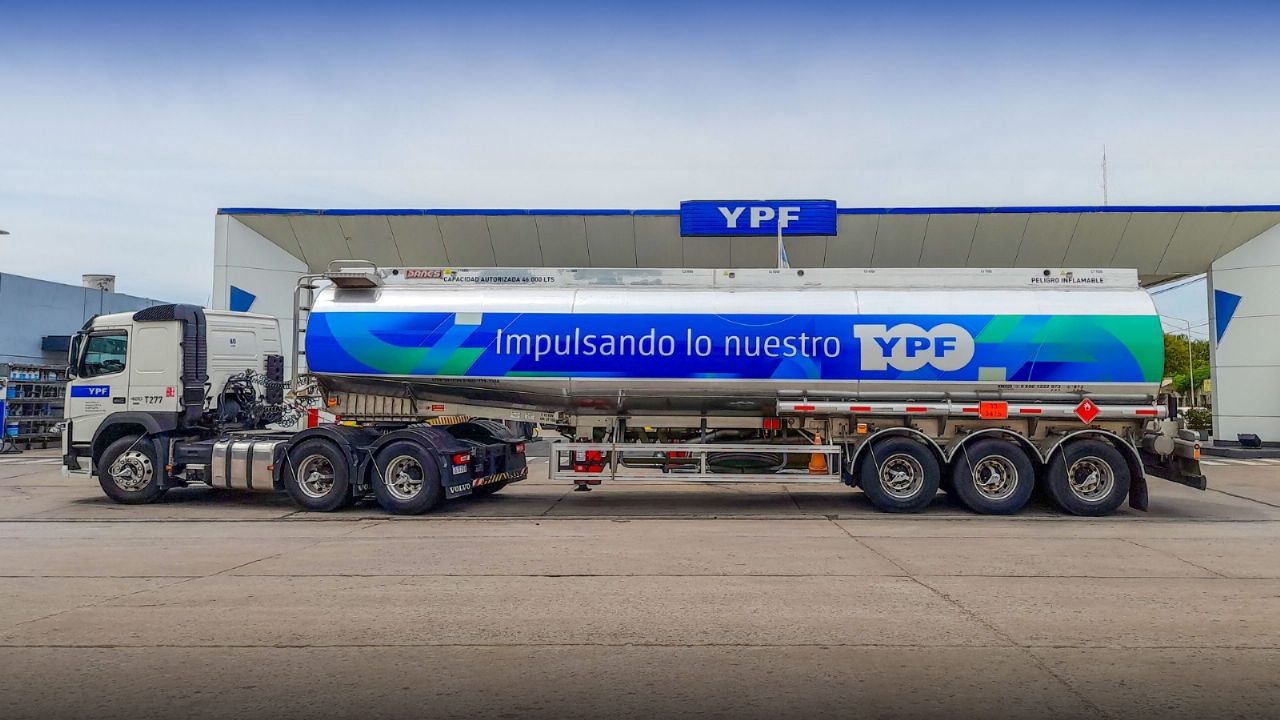RIO DE JANEIRO, BRAZIL – The diesel shortage is widespread in Argentina, and many provinces are already rationing the fuel.
Prices have skyrocketed, and distribution problems are affecting 19 of the country’s 24 provinces, according to the Argentine Federation of Business Entities of Cargo Transport (Fadeeac).
Fadeeac’s study also shows that prices have skyrocketed. In some places, a liter of fuel can cost as much as ARS 250 (US$2.07), considering the official dollar exchange.

In most of the country, 26.9% of the truckers have to wait more than 12 hours to refuel.
“The situation is getting more complicated every day,” warned Roberto Guarnieri, president of the federation.
“The agricultural and industrial production, which already suffers from delays, will be even more affected if the current situation is not reversed,” he added.
According to a map drawn up by Fedeeac, 14 provinces are in red, meaning that there is very little or no fuel in the stations.
These are the provinces of Buenos Aires – including the federal district – Entre Ríos, Corrientes, Misiones, Santa Fe, Córdoba, Santiago del Estero, Tucumán, Salta, Jujuy, Formosa, San Juan, and Mendoza. These points register the longest waits.
The Provinces of San Luis, La Rioja, Catamarca, and Chaco are orange, indicating low fuel and rationed sales, limited to 20 liters per vehicle.
In La Pampa, the indication is yellow, with the maximum sale limit being 100 liters per vehicle. Only the southern provinces — Neúquen, Río Negroa, Santa Cruz, and Chubut — appear in green.
The most affected places are provinces covering demand destinations in the country’s north.
“The demand for this fuel will continue to increase, as gas shortages will require additional diesel to meet the needs of industry and the countryside,” says the Fedeeac statement.
With information from Valor Econômico

